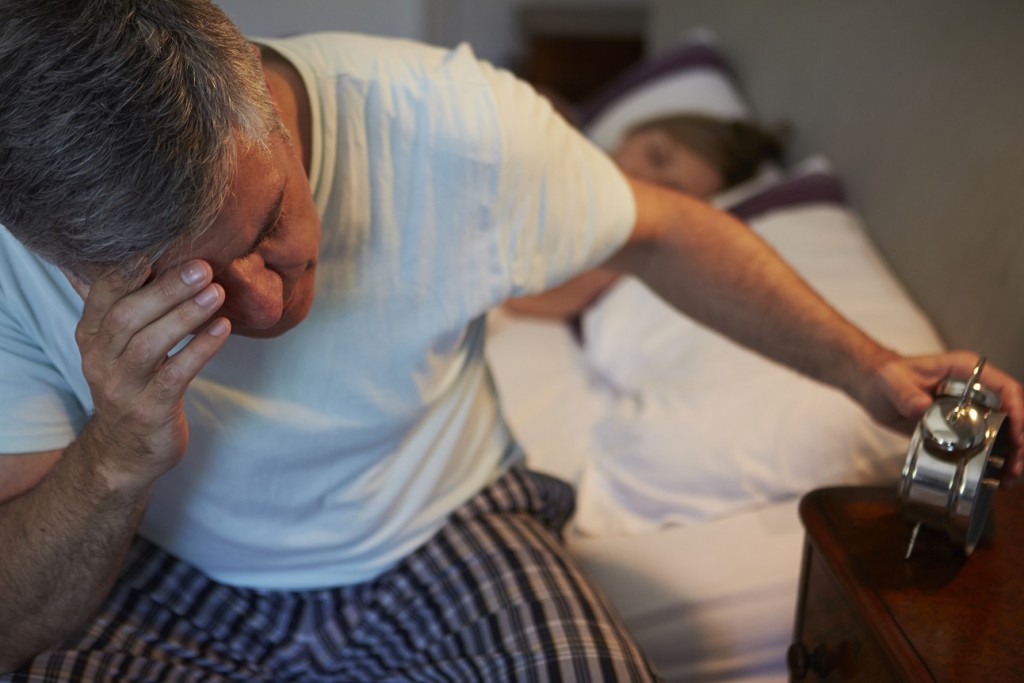
Insomnia is something that affects one in three people during their lifetime, and more than half of people in the UK report losing sleep due to stress or anxiety. While it’s inevitable that most people will face one or two bad nights in times of high stress (or even exhilaration), persistent insomnia is much more profound and can have a marked impact on the lives of sufferers. This is especially true for those also living with mental health issues, with 90% of people with depression also experiencing insomnia.
For some people these sleep problems can be short lived and relatively manageable, but when they go on for months and years they can leave people feeling unable to cope. Sleeplessness also worsens feelings of depression and anxiety, perpetuating the condition.
How to Cope
Firstly, it’s important not to panic. When you are staring at the ceiling at 3am, it’s easy to fixate on your sleeplessness and become anxious. At this point any action you take becomes about falling to sleep, and you can grow frustrated if the advice you follow or techniques you try don’t work.
In this scenario, when sleep is a million miles away, it’s best accept the situation and focus on something else. Accepting insomnia, as bad as it is, helps you because you are no longer causing yourself distress by fighting against it. Constantly clock watching and worrying over yet another hour lost will make you feel worse.
With this in mind, the ways you can help yourself, listed below, shouldn’t entirely be about the end goal.
- Create a buffer around bedtimes, where you do not work, browse the internet or watch TV.
- Make a point of relaxing, perhaps by having a bath, before you head to bed.
- Meditation can help in two ways. Firstly, it slows your heart rate and calms you down. Secondly the act of focusing on a mantra or your breathing can quieten the cacophony of thoughts that may keep you awake.
- Keep a diary detailing how you’ve felt during the day, or list your worries with ideas about how to solve them, before attempting to sleep.
- It can take 5 hours for caffeine to leave your system, so check your intake throughout the day. Alcohol, although it can seem soporific, is actually a stimulant in small doses and creates poor quality sleep in large doses, so is best avoided.
- Create a routine with regular bedtimes, and space to wind down before them.
The above advice could help you instantly or take some time, but the important thing to remember is that with habits such as this you will, eventually, catch up with your sleep, and you shouldn’t beat yourself up about not being able to drop off.
This post was written by Holly Ashby, who works for Will Williams Meditation, a meditation centre that provides courses on Vedic Meditation to help people become healthier and happier.

Leave a Reply